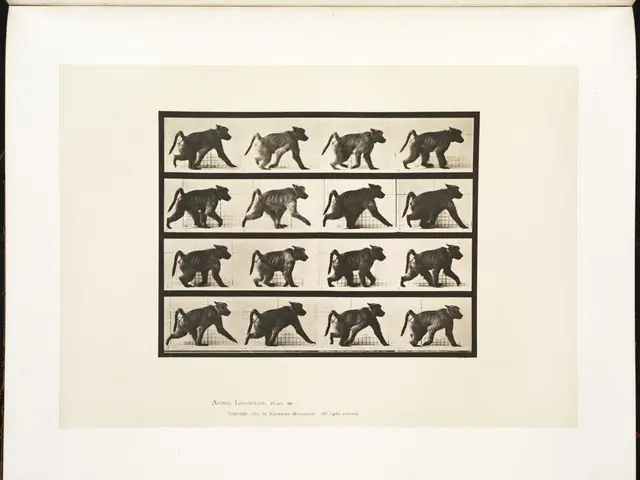Passionate Encounters During Daytime Hours
Remake of the 1970 Cult Comedy "Two Golden Women" Premieres at Sundance
The contemporary reimagining of the classic Quebec sex comedy "Deux femmes en or" (1970), now titled "Two Women," has won the Special Jury Prize at this year's Sundance Film Festival. Directed by Chloe Robichaud, the film offers a critique of Quebec society, suggesting that certain aspects have remained unchanged over the past five decades.
First released in 1970, Claude Fournier’s original comedy, co-written by Marie-Josée Raymond, became famous for its ribald humor and provocative scenes. The story revolved around two housewives who found creative ways to spend their time in their husbands' absence while exploring their sexuality during the sexual liberation era. Chloe Robichaud's remake stays true to the original's spirit, although it features updated themes and settings.
Shot in 35mm, the new version of "Two Women" mirrors the original in many ways, but with a more sensual and suggestive edge. Cinematographer Sara Mishara masterfully captures the sexually charged scenes, ensuring they are not gratuitous but rather integral to the story.
Like their 1970 counterparts, embodied by the legendary Monique Mercure and Louise Turcot, the film's protagonists — Florence (Karine Gonthier-Hyndman) and Violette (Laurence Leboeuf) — are bored with their suburban lives. Florence, suffering from professional burnout, and Violette, on maternity leave, find their libidos reignited as they navigate their relationships with partners who are either distant or unfaithful.
Luring an array of service providers into their suburban Montreal eco-housing cooperative, the titular characters make their intentions known to anyone who enters their domain, from the cable guy to the exterminator. The supporting cast, including Mani Soleymanlou, Félix Moati, and Juliette Gariepy, delivers hilarious and moving performances that highlight the film’s dissection of modern relationships.
Chloe Robichaud's "Two Women" pays tribute to the original film's talented cast, including Paul Berval, Paul Buissonneau, Gilles Latulippe, and Yvon Deschamps, while also acknowledging the characters portrayed by Louise Turcot and Donald Pilon. Catherine Léger, who wrote the remake's source material, is well-versed in delving into female desire and its complexities. Balancing wit and humor, Léger adds a fresh perspective to the film, keeping the original’s essence while modernizing its themes.
Throughout the film, the two women openly discuss their desires and feelings with each other, while the voices of secondary characters deliver thought-provoking insights on various issues such as the environment, love, and consent. Montreal, beautifully captured by Sara Mishara, serves as the backdrop for the story, coming alive as winter gives way to spring.
With a female choir performance that includes Monique Leyrac, Louise Forestier, Marjo, Mitsou, and Lou-Adriane Cassidy, the film maintains a charm and warmth that keeps audiences engaged, despite its sometimes cringy, earnest moments. Chloe Robichaud demonstrates her versatility as a director, proving that she can deftly switch between genres, with "Two Women" marking a departure from her previous work in dramas.
"Two Women" has a runtime of 1 hour and 39 minutes, with a rating of 7 out of 10. For those interested in catching the film, the schedule can be found online.
In the revamped version of "Two Women," the dissection of modern relationships extends to discussions on various issues such as the environment, showcasing the characters' concern for their surroundings while residing in the eco-housing cooperative. Additionally, the movie's premiere at the Sundance Film Festival underscores its connection to broader entertainment platforms like movies-and-tv, underscoring a shift in contemporary cinematic themes that critically evaluate society.






